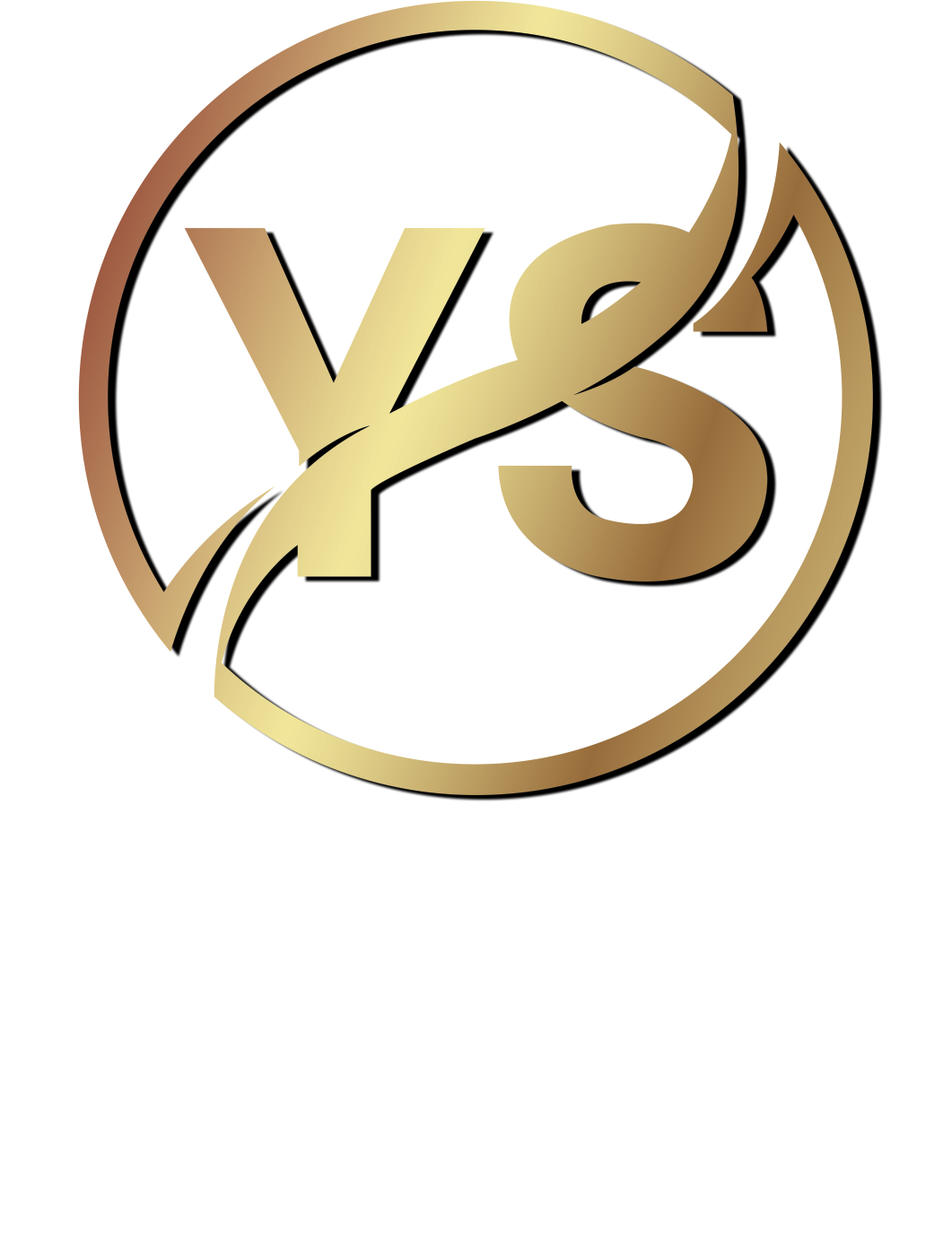Lawyer in Israël

Lawyer in Israël

There are several types of courts and tribunals in the country, each with a different role. There are three types of high courts: The Supreme Court, the District Court and the Magistrates court, and five types of regular courts: religious courts, labour courts, military courts, military tribunals and administrative courts.
The Supreme Court, also known as Bagatz, is the High Court of Justice and the highest authority in the hierarchy of the country’s judiciary. As the highest authority, it handles petitions against the State and public bodies as well as appeals against judgments of the lower courts. Bagatz deals with appeals against the Knesset, the government, labour courts, religious courts and military tribunals. Petitions to Bagatz are based on the principles of justice rather than legal rights. By law, decisions of the Supreme Court constitute a binding precedent for all lower courts in Israel.
There are six district courts: The North, Haifa, Tel Aviv, the Center, the South and Jerusalem. They deal with all criminal procedures for crimes carrying a minimum sentence seven years, civil claims over 2.5 million shekels, and appeals from other courts such as the Magistrates Courts, Juvenile Courts. It can also act as an administrative tribunal.
The magistrates court handles criminal cases in all civil litigation and civil conflicts and crimes up to 2.5 million shekels, and criminal cases punishable by up to seven years in prison. It also includes specific courts such as small claims (up to 30,000 NIS), family courts, the courts of local affairs, legal enforcement and other matters. These courts are specialized in specific problems, each in its field.
The tribunals are like courts and are mostly called courts, but deal with more specific issues, for example the military court operates under the law of military justice, the rabbinical court operates in accordance with Jewish law. For example, marriage and divorce matters are handled by the rabbinical court, a collective agreement by the Labor Court. The high courts are above the tribunals.
Religious courts handle family matters, personal status, disputes over marriage and divorce. Their authority is unique and parallel to other courts regarding the issues of the family. Since there are several religious communities in Israel, there are rabbinical courts for Jews, Islamic Courts (according to the Sharia) for Muslims, Druze courts and ecclesiastical courts for the many Christian communities.
Labor courts, or industrial tribunals, are a system of courts specialized in all areas of labor law and social security, such as conflicts between employers and employees, labor relations, strikes, labor law, public labor law, negotiating for employment, national health insurance, social security, criminal offenses at work, etc. There are a number of labor courts: The National Labor Court and the regional courts of Beersheba, Jerusalem, Tel Aviv, Haifa and Nazareth.
The military tribunal only works in the West Bank, it deals with any and all problems, crimes, treasons etc. in the West Bank. The military court handles everything regarding the IDF (Israeli Defense Forces, Israeli army) and its soldiers, it has its own military laws and is a legal entity in its own right.
Administrative court is a special judicial branch dealing with the exercise of public power to ascertain that all official acts are absolutely consistent with the law. It deals with all the problems between citizens and government authorities of the State, including government departments, local authorities, local and regional municipalities as well as companies such as Mekorot (water company) or the power company and various other organizations. Administrative law allows ordinary citizens to criticize and demand satisfaction on the conduct, decisions and discretionary power of government authorities. Every citizen has the right, if not a duty, to give his opinion on what is happening in the country and this is the place and way he can do it.